Statement from Anne-Sophie Mutter on André Previn’s Passing
February 28, 2019
Munich, Germany
André Previn has for more than 70 years illuminated this often dark world with his extraordinary gifts, his superb intelligence and wit.
We were companions in music for 4 decades and closest and dearest soulmates in the last 19 years. These years have brought me an abundance of deeply moving and challenging violin works. One of the first of them, the violin concerto, was an engagement present. I am forever grateful for all of his musical treasures.
André will live on in the hearts of the millions of music lovers that his life and music has touched. His many scores will continue to enrich the life of musicians around the globe.
Right now André is probably in the middle of a jam session with Oscar and Wolfgang…and he will outplay them.
Anne-Sophie Mutter
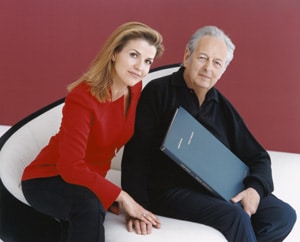
photo: DG
From Music Sales Ltd:
André Previn, the legendary conductor, composer, and pianist, passed away peacefully on February 28, 2019 at his Manhattan home, shortly before his 90th birthday.
During his incomparable career he won 4 Oscars and 13 nominations; 10 Grammy® Awards, 44 Nominations and the Grammy® Lifetime Achievement Award; was named honorary Knight Commander of the Order of the British Empire by Queen Elizabeth II; and awarded the Austrian and German Cross of Merit, the Glenn Gould Prize, and the Kennedy Center Lifetime Achievement Award amongst countless additional accolades.
Throughout his seven-decade career, Previn performed with and composed for greats from classical, opera, jazz, and standards including Anne-Sophie Mutter, Leontyne Price, Renée Fleming, Yo-Yo Ma, Oscar Peterson, Doris Day, and appeared on the Morecambe and Wise show. He conducted the world’s major orchestras both in concert and on recording, and frequently collaborated with the Boston Symphony Orchestra, New York Philharmonic, and Vienna Philharmonic. He held chief artistic positions with the London Symphony Orchestra, Houston Symphony Orchestra, Los Angeles Philharmonic, Pittsburgh Symphony Orchestra, and Royal Philharmonic Orchestra. In 2009 Previn was appointed Principal Guest Conductor of the NHK Symphony Orchestra.
In the recent years, he occupied his brilliant mind mostly with composing and worked tirelessly on new commissions until only a few days before his passing. Several of his new works will be heard for the first time in the coming season.
David Fetherolf, close friend and editor at Previn’s publisher, G. Schirmer, Inc. comments: ‘One of the greatest pleasures of my professional life has been working with André Previn. We reveled in our shared humor and love of music, and our meetings went far beyond the usual bounds of the editor/composer relationship into the deeply affectionate and personal, and I know I am not alone in feeling his loss acutely.
André was, of course, a giant. He was a multiform musical polyglot who was always studying and listening to everything and anything he could. His boundless curiosity never waned and he wanted to talk about it all.
The accolades and awards were never as important to him as was the music; both his own and others’. And, when he finished a piece, that was it; he didn’t revise, he just moved on to the next one, figuring if he didn’t like the one he just wrote, so be it. He didn’t have to hear it again. He truly was a singular sensation.’
Chris Butler, Director of Global Rights Development says: ‘André Previn was simply unique. He had an exceptional gift for communication at all levels and distinguished himself over a more than seventy year career as an arranger, composer, conductor, performer, and entertainer. His range of achievements has been rightly celebrated and acknowledged the world over, and we feel honoured to have been his publisher.’
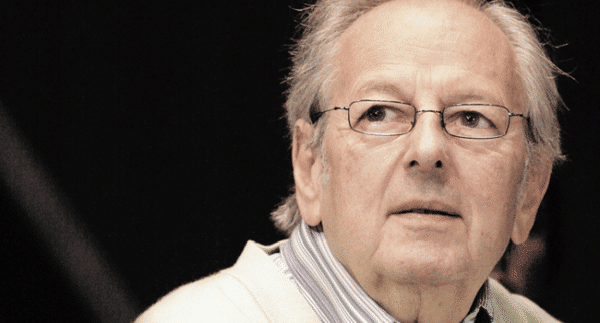
André Previn
Composer, conductor, and pianist André Previn left his native Germany in 1938 to live in Paris and subsequently to settle in Los Angeles in 1940. His early career orchestrating film scores at MGM led quickly to conducting engagements of symphonic repertoire and on to an international career as Music Director of orchestras in London, Los Angeles, Oslo, and Pittsburgh. In the 1980s, he concentrated increasingly on composition for the concert hall and opera. His own richly lyrical style underscores his love of the late Romantic and early twentieth-century masterpieces of which his interpretations as conductor are internationally renowned.
Previn’s first opera, A Streetcar Named Desire, which he set to a libretto based on Tennessee Williams’ play, had its premiere at the San Francisco Opera in 1998 with Renée Fleming in the role of Blanche DuBois. It continues to enjoy numerous performances worldwide. Previn’s 1998 recording of the work with the San Francisco Opera Orchestra won the Grand Prix du Disque. Houston Grand Opera premiered Previn’s second opera, Brief Encounter, in May 2009.
Every Good Boy Deserves Favour, written for the London Symphony Orchestra in collaboration with playwright Tom Stoppard, remains popular everywhere. Music for Boston was premiered in 2012 at Tanglewood, and was commissioned to honour the festival’s 75th anniversary. Other highlights from his recent orchestral works include a Double Concerto for Violin and Violoncello written for Jaime Laredo and Sharon Robinson, premiered by the Cincinnati Symphony Orchestra in 2014, and performed since by orchestras across North America and Europe. Previn continued to expand his orchestral lyricism with Can Spring Be Far Behind? which premiered at Eastern Music Festival in July of 2016. His highly anticipated Concerto for Orchestra will be premiered during the 2020/21 season in celebration of the Kalamazoo Symphony Orchestra’s centenary.
Following the creation of several violin concertos and sonatas, Previn’s long-standing collaboration with violinist Anne-Sophie Mutter continued with his Nonet for Two String Quartets and Contrabass, which premiered in 2015 as part of the Edinburgh International Festival. Previn also wrote for Vladamir Ashkenazy, Yo-Yo Ma, Renée Fleming, Janet Baker, Sylvia McNair, Lynn Harrell, and Barbara Bonney.
He received numerous awards and honors for his outstanding musical accomplishments, including both the Austrian and German Cross of Merit, and the Glenn Gould Prize. He was the recipient of Lifetime Achievement Awards from the Kennedy Center, the London Symphony Orchestra, Gramophone, and Classic FM. In 2010 he received a Grammy Lifetime Achievement Award from The Recording Academy. His recordings have received several Grammy awards, including for his own Sonata for Violin, “Vineyard” performed by Gil Shaham, and Violin Concerto “Anne-Sophie” featuring Anne-Sophie Mutter with the Boston Symphony Orchestra. In 1999, he was honoured as Musical America’s ‘Musician of the Year’ and was appointed KBE, an honourary knighthood, by Her Majesty Queen Elizabeth II in 1996.
London musicians with long memories recall the day when Dame Janet Baker cancelled an LSO concert pretty much at the last minute.
Andre Previn scratched his head for a moment. Then he said, we’ll do the Gershwin concerto. If the soloist fails to show, the conductor can always play solo.
That was Previn in a nutshell. Mr Reliable, the man who could improvise his way out of a tight corner, or any musical situation as it arose.
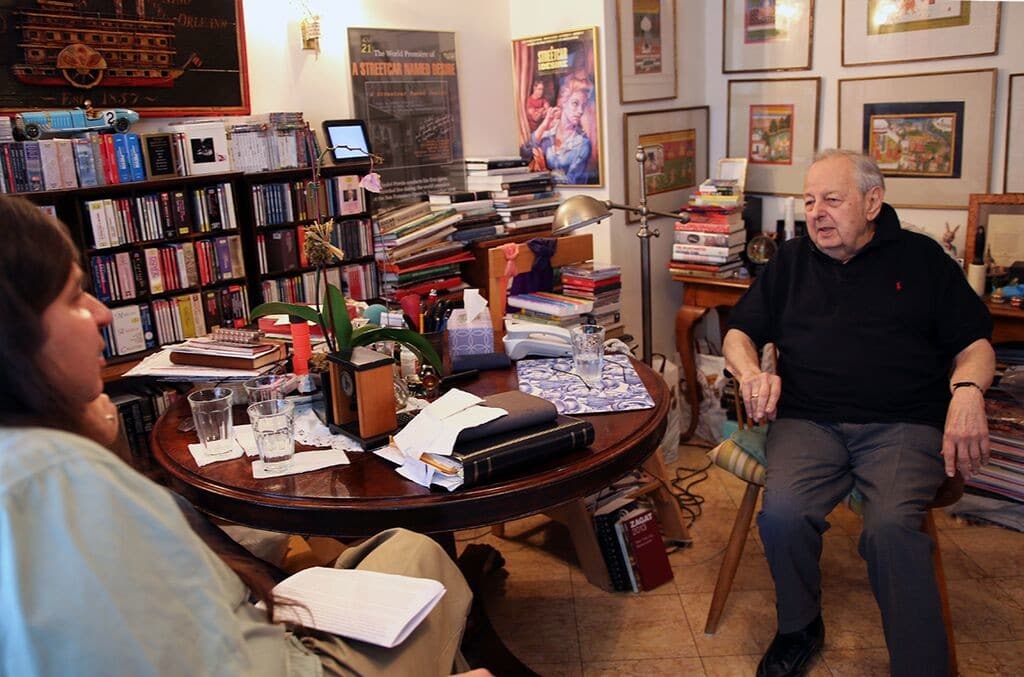
Popular as he was among musicians, he was positively adored by recording teams. He respected his colleagues and treated them well, working as late as it took until the editor and producer were fully satisfied. They ought to put up a plaque to him at Abbey Road.
There was a time in the 1970s when Andre Previn, who died today aged 89, was one of the most familiar faces on British television. You simply could not escape him. If he was not conducting the London Symphony Orchestra in Andre Previn’s Music Night, he was appearing on the Morecambe and Wise comedy show or, failing all else, acting as a television salesman in adverts for Thorn-EMI.
No classical musician had his scale of recognition, or his record sales. It was reckoned that most British households owned at least one Previn recording.
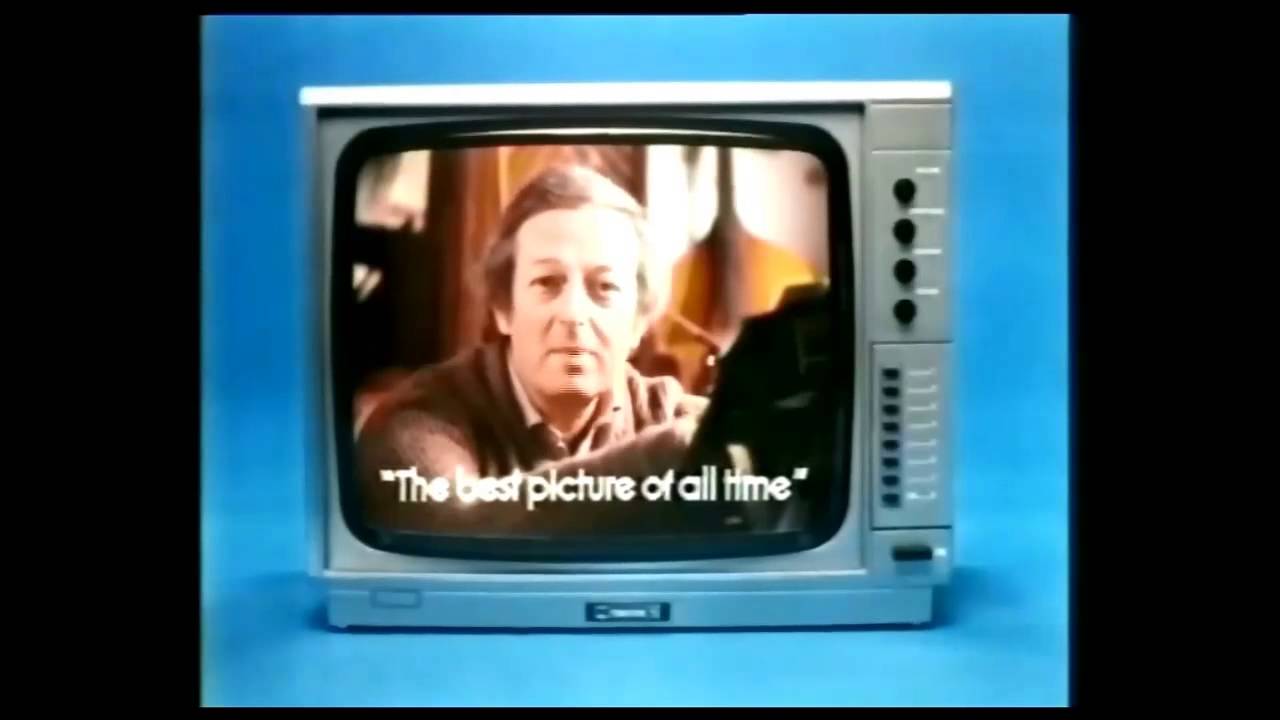
The head of EMI Classics, Peter Andry, told me once that Previn’s profits paid for all the label’s losses on recording by the ultra-expensive Herbert von Karajan.
His success was inevitably resented and the upper echelons of classical music sniffed that he was ‘not one of us’, a Hollywood composer who masqueraded as a serious conductor. Yet musicians responded keenly to his unpretentious approach and his performances of Mozart, Rachmaninov and Walton were often in a class of their own. Beethoven and Elgar perhaps not, but you can’t have everything.
His 11 years as principal conductor of the LSO were the summit of his podium career, full of energy, invention and wit. Andre bought into the spirit of Swinging London, got his outfits at Carnaby Street and took a house in the Surrey stockbrokers’ belt. Some of the players demanded greater depth and looked to the stiff-backed Eugen Jochum but Previn was the spirit of the LSO and some of his elan remains with them to this day.
His other music director stints- in Houston, Pittsburgh, LA and Oslo – were conspicuously less successful. Yet he was ultra-reliable, the ultimate professional. One orchestra manager told me she invited him every season ‘because he always turns up’.
With frequent rotation of wives (he married five times) he was never out of the gossip columns for long and his notoriety drew ever longer faces among the classical snobs. Previn affected not to notice. He was a bon viveur, a colourful raconteur and a man who enjoyed musical life to the full.
Aside from his film scores and two operas, he wrote music for a Tom Stoppard play, Every Good Boy Deserves Favour.
He was always the life and soul of the party.
UPDATE: Previn never let you down
UPDATE2: Anne-Sophie Mutter: I lost my soulmate
We hear that Jacob Joyce, assistant conductor with the Indianapolis Symphony, is stepping up for this weekend’s concerts as the scheduled conductor, Bramwell Tovey, has been called away by a family emergency.
It might be just another concert, or it could be the start of a glittering career.
Either way, worth noting.
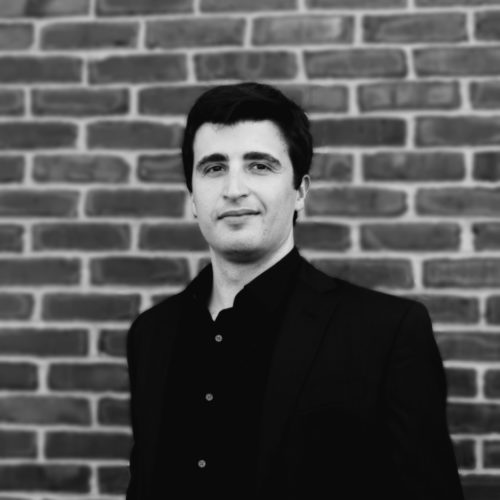
From our diarist Anthea Kreston:
With more than 15 concerts under our belts with this set – Barber Adagio, Britten 2 and Death and the Maiden – performances are comfortable, although still exhausting. Especially Barber and Britten. These are the kinds of pieces which really take on an individual flair, changing from night to night, each member‘s inspirations of the moment feeding into a fresh interpretation. Both are so unlike Beethoven or Schubert – classical works are set in rehearsal and rarely divert (and shouldn’t divert) from a rigorous and controlled plan. I often think the best Beethoven performance is the one where you just do exactly what he writes down – any change and it weakens the work. Of course we must be emotionally committed, inspired, but it is within a firm boundary which has seemingly endless minuscule rules to attend to.
Days spent in Stockholm, Copenhagen, outside in smaller cities (Malmo, Aalborg), this week is mainly Scandinavian, which somehow feels closer in culture to the Pacific Northwest than any other area of Europe. I’m not sure why – could it be the humor or flexibility in the food, the clear expectation of “hanging out“ (low, slouchy couches, candles, blankets), a sort-of floppiness in the way some people walk? There are more dreadlocks here, people who look different from one another, and an ease, a random chattiness.
For several months now, we have been followed by a Dutch film crew. There is a documentary being made – originally conceived as the story of a German Quartet in its 30th year, it has taken on a surprising new path as the documentarian incorporates not only this intended story, but also the intricacies of a search and the paths the four current members, the former, and future members (and our families). They come to our houses (all of which are extremely different, reflections of our life choices and character), speak to our kids and spouses. They come to our hotel rooms and watch us steam our clothes, fly with us, eat and film rehearsals and concerts. It puts an extra squeeze on the already non-existent time on tour, but the freshness of this wonderful, complex group of people more than makes up for any slight inconvenience.
My favorite times are when the cameras are away – those intimate, post concert dinners, where I get to know these people – their travels and world-views. The questions in our individual interviews are very personal, sometimes too personal – but they need to be asked, thought about. I had felt that I had been very present for these past years, but it is clear that an outside, thoughtful mind can see more than we can see of ourselves, and it has been good for me to think about this experience in new ways, to process it all.
The main cameraman, Paul Cohen, has a wonderful documentary he created about Jeanine Jansen – the opening scene, where she is simply waiting for her entrance, listening to the beginning orchestral tutti of the Beethoven Violin Concerto in rehearsal, is breathtaking in its ability to draw us into her mind, her commitment. Head sound man, Mark Wessner, is very easy to be around – his other projects currently involve traipsing around the world (from yachts in the NYC harbor to the Louvre Abu Dhabi) in search of Rembrandt for the upcoming 350th anniversary of his death. The documentarian Hester Overmars, whose recent works include The Principal Wife and Forbidden Flight, has a firm and flexible hand on the project – allowing for a natural flow. She has a large (too large) subject – many possible story lines – and yet she maintains focus, clarity. Her previous work is compelling in its silent moments – Forbidden Flight follows an East German family in the 80’s as they attempt to escape by building a single-engine airplane. The results are catastrophic – an arrest by the Stasi, and a 30 year prison sentence – Hester‘s film pulls apart the tangle of repercussions from this moment in time – the effects on the family and the future.
It will be fascinating to see what she can discover about our lives – what she can see that we, ourselves, cannot.
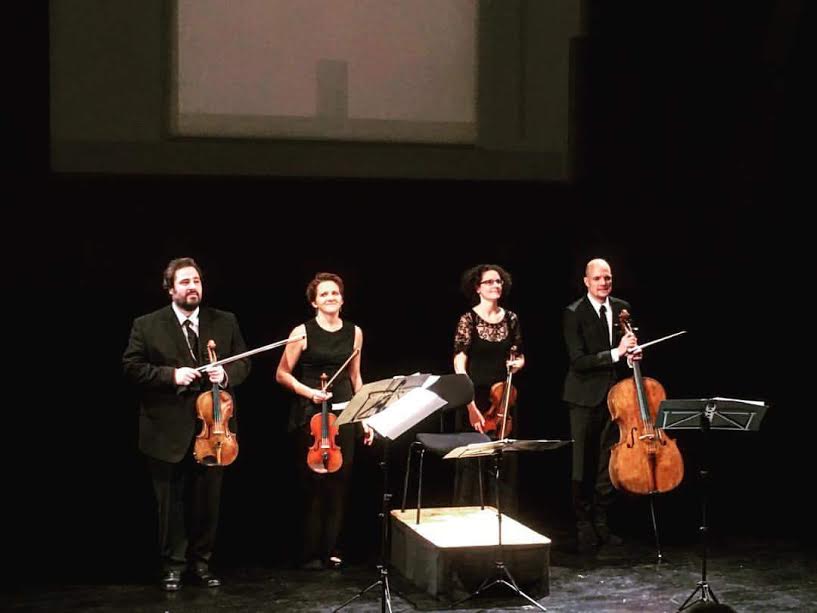
From the citation, just out:
The violinist Joshua Bell is one of the great performers of our times… His concept of music as a means of trans-cultural understanding plays a central role in the school reform project »Education Through Music and Turnaround Arts« of the NAMM Foundation, enabling disadvantaged children to gain access to classical music in many different ways. In addition, Bell is active in mentoring the string players of the National Young Arts Foundation… and teaches at his own alma mater, the Jacobs School of Music. For these outstanding efforts and activities, Joshua Bell will receive the Glashütte Original MusicFestivalAward during this year’s Dresden Music Festival.
… Bearing a cash value of 25,000 Euros, the Glashütte Original MusicFestivalAward will be donated by the watchmaking company Glashütte Original for the 16th time in 2019 … Recent prize winners have included Sir Simon Rattle and the Berlin Philharmonic, Hélène Grimaud, Hilary Hahn, the fado singer Mariza, Andris Nelsons, Steven Isserlis and Joyce DiDonato.
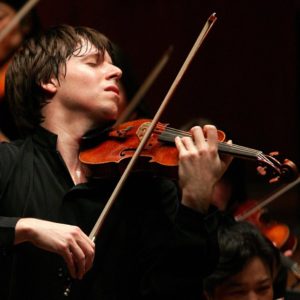
The 2019 Proms have yet to be announced but Viagogo, the controversial ticket reselling site, is already offering plum seats for the closing event.
You can get a poor seat in the stalls for £947, or a view from a second-tier box at £1,786.
We hear that one debenture owner has already disposed of his box for an amount in excess of ten grand.
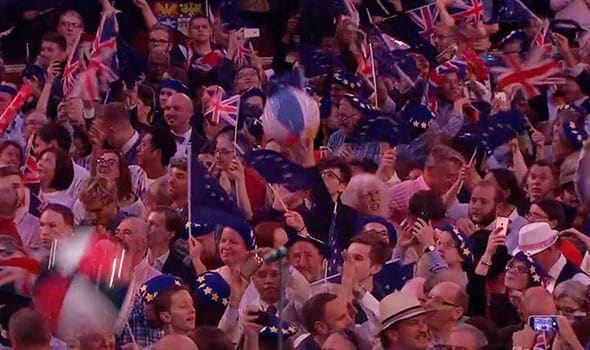
UPDATE: Statement from Viagogo:
‘We list tickets as soon as they become available because we are committed to ensuring that everyone has access to tickets. Through the primary market, many tickets are first allocated to corporate sponsors, advertisers, VIP seat holders and other well-connected individuals before they are ever made available at the box office to the general public. viagogo does not set ticket prices, sellers set their own prices, which may be above or below the original face value. The reality is that any tickets listed at silly prices rarely if ever sell.’
Friends have reported the death of Jerry Horner, violist of the Fine Arts Quartet from 1980 to 2000.
Jerry, who lived in Bloomington Indiana, was mentor to hundreds, maybe thousands, of string players.
Tamaki Higashi writes:
‘Jerry was a unbelievably generous, loving genuine musician with keen mind. He sat in front of the quartet listening hours as a fifth member with the sharpest and deepest concentration to simply achieve the utmost beauty of music. He was the person who guided me through the pathway from a student into an artist. I have nothing but gratitude for the time he gave to me and my colleagues both in US and UK in last fifteen years.’
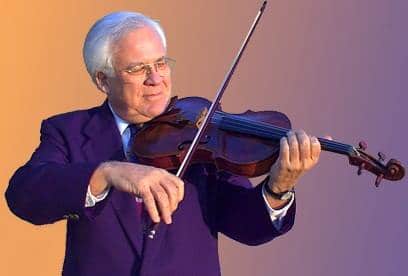
Michael Wustrow, 56, has been charged with receipt and possession of child pornography in Brooklyn.
Wustrow was co-director of music at St. Agnes Cathedral, Long Island, for 14 years until 2017 when the Diocese of Rockville Centre fired him upon hearing of a federal investigation into allegations of child exploitation.
Wustrow is being held without bail at Metropolitan Detention Center in Brooklyn.
More here.
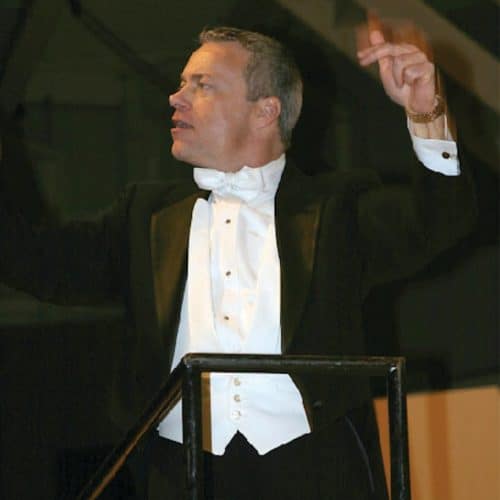
Nearly a decade ago, I had a chat with the pianist Paul Lewis in a BBC green room about his experiences of playing through injury.
Sadly he is still suffering.
Tonight, he is replaced at short notice at Carnegie Hall by Jonathan Biss. The reason: arm injury.
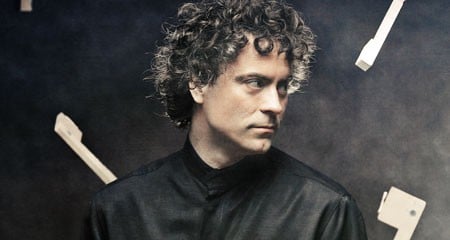
First rehearsal shot from Covent Garden’s Forza del destino:

l-r: Yusef Eyvazov, Ferruccio Furlanetto, Georg Zlabinger, Anna Netrebko Antonio Pappano, Christopher Maltman. Photo: Instagram












